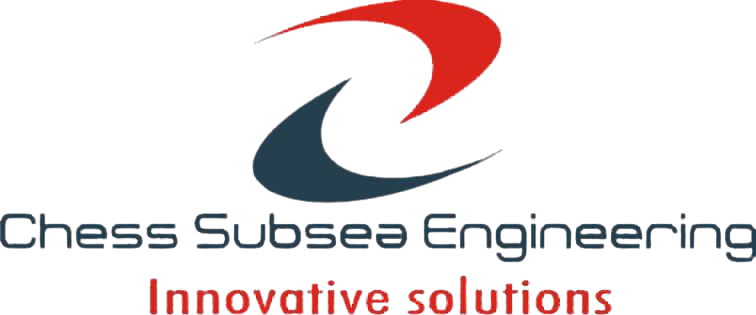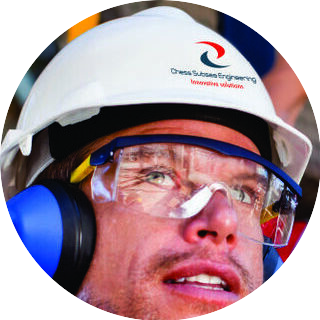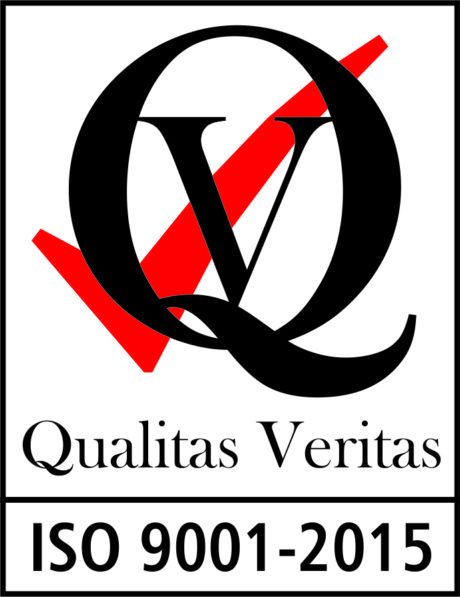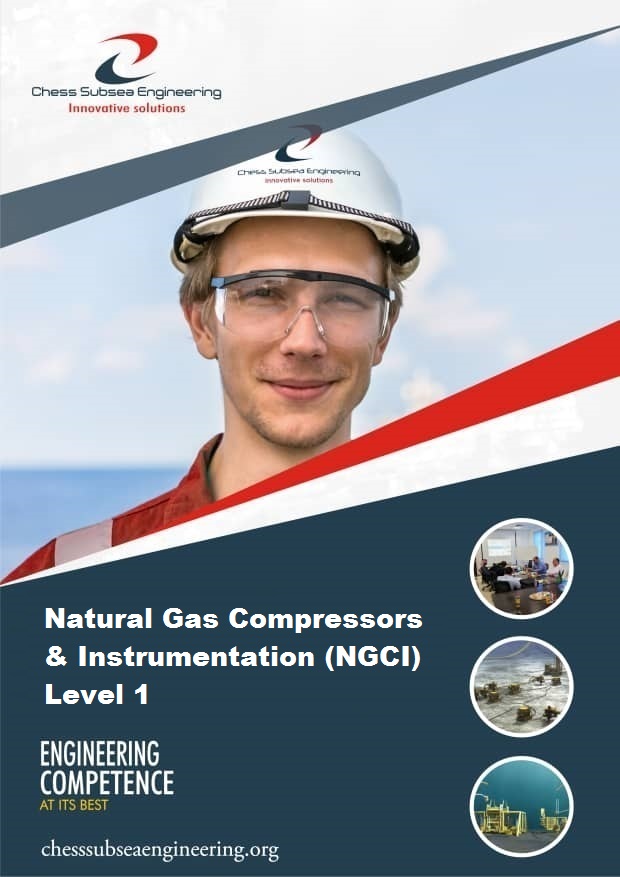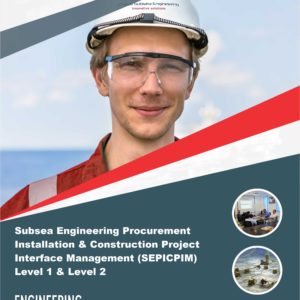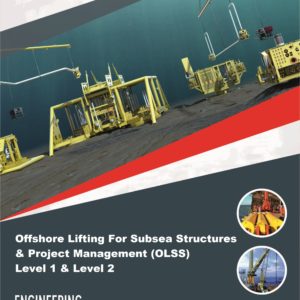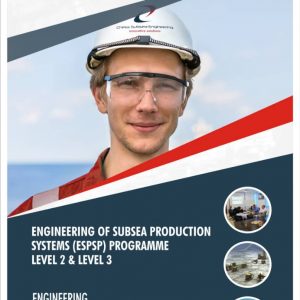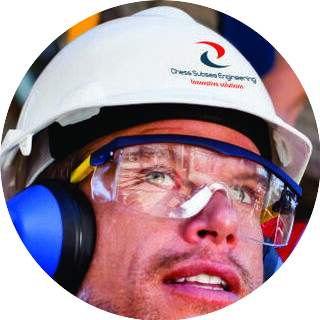Description
Natural gas compressors and instrumentation are important components of the natural gas industry. Compressors are used to increase the pressure of natural gas to transport it over long distances through pipelines, while instrumentation is used to monitor and control the flow of natural gas.
Compressors come in various sizes and types, including reciprocating compressors, rotary screw compressors, and centrifugal compressors. They are typically powered by electric motors, gas turbines, or engines, and can operate at different speeds and pressures depending on the requirements of the specific pipeline system.
Instrumentation plays a critical role in the safe and efficient operation of natural gas compressors and pipelines. Key instrumentation includes pressure sensors, temperature sensors, flow meters, control valves and safety systems.
Natural gas compressors and instrumentation play a critical role in the safe and efficient operation of the natural gas industry. Advances in technology continue to improve the performance and reliability of these systems, enabling operators to optimize their operations and improve the efficiency of natural gas transportation.
Natural Gas Compressors & Instrumentation (NGCI) Level 1 covers Types of Compressor, Application of Compressor, Cooling System, Surge and Anti-Surge Conditions, Controls and Instrumentation,Piping and Instrumentation Diagram, Advantage and Disadvantage of Types of Compressors, Compressor Data Sheet, Battery Limit and more.
Course Outlines
Introduction
Types of Compressor
Application of Compressor
Cooling System
Surge and Anti-Surge Conditions
Controls and Instrumentation
Piping and Instrumentation Diagram
Advantage and Disadvantage of Types of Compressors
Compressor Data Sheet
Battery Limit
Assessment
Participant underpinning knowledge of natural gas compressors & instrumentation will be accessed with short answer multiple-choice questionnaire.
Outcome
Participants will gain an in debt understanding of natural gas compressors & instrumentation. They will also be able to function with minimum supervision as graduate engineers, new engineers and staff supervisors for refineries and petrochemical plants.
Professional Certificate
Issued directly by Chess Subsea Engineering Europe.
Participant may be presented for Offshore Petroleum Training Organization (OPITO) Certification.
How to Register
Click here to download registeration booklet on msword and email completed booklet to info@chesssubseaengineering.org directly.
